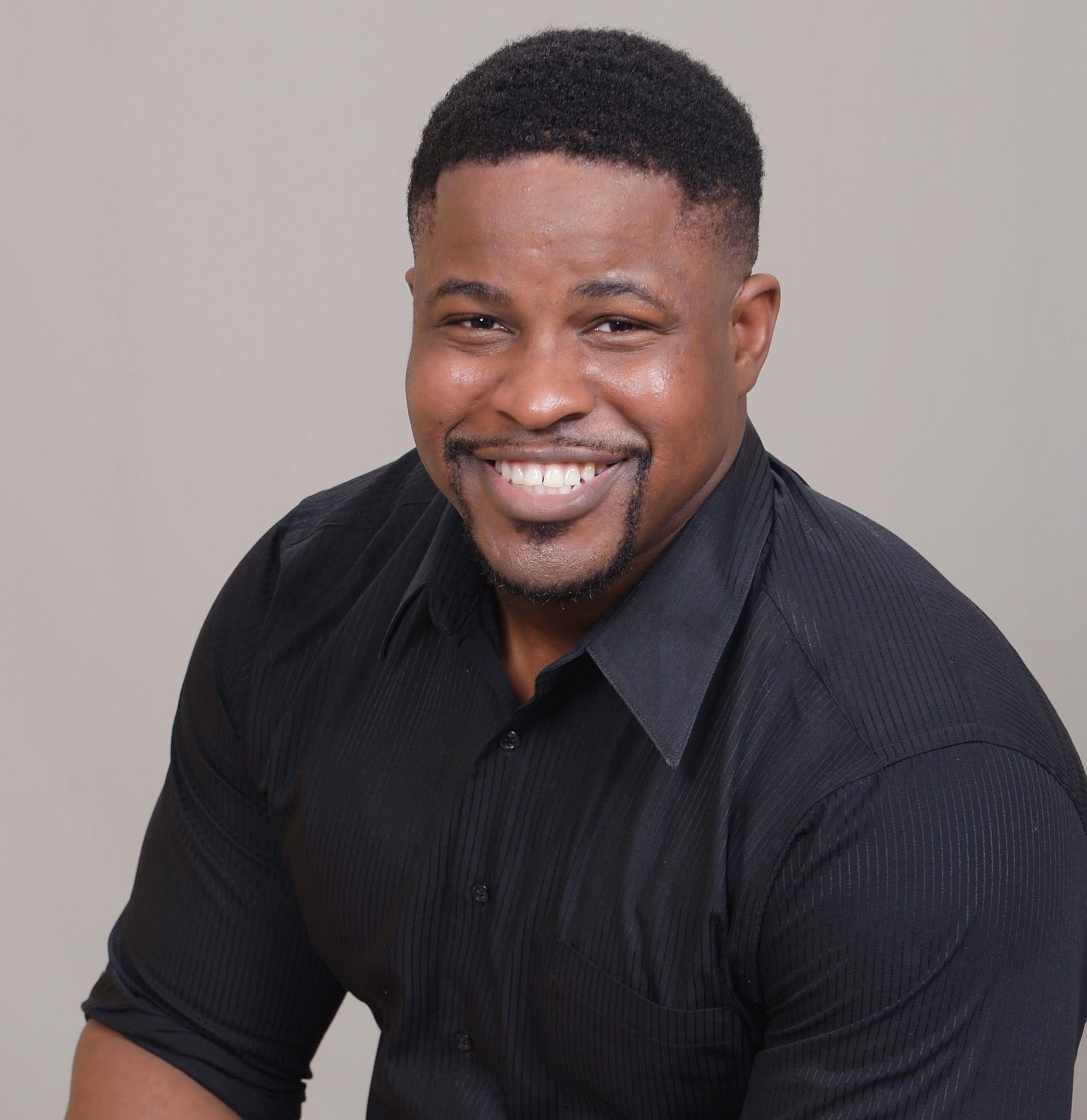Persevering Through Adversity - Self and Science
The journey of life is different for everyone. One can say each individual follows a path that is constructed in parts from the decisions they make, and in parts from the universal current of existence (crazy huh!). In simpler terms, we are governed by uncertainty and chaos. However, just like most things, proper navigating through uncertainty and chaos depends on how you perceive it, which in turn depends on your current circumstance. See things get confusing very fast and the rate at which one can be overwhelmed is quite high and detrimental if not managed properly.
For example, taking the SATs, applying to college, applying to internships, getting good grades, being healthy, staying in shape, applying to graduate school, deciding what to do with your life, all these and more can swallow up a person’s mental capacity fairly quickly and if not kept in check, could be a progressively degrading to one’s mental health.
To address this, there are a couple of key points to note. I figured some of this out over the years during my journey. Some came easy, some of it was delivered to me as advice, the others were hard-nosed lessons that experience dishes out on a cold platter. Regardless they are:
- Incremental progress
- Strategic actions
- Self-compassion
- Recharge
The above four points are vital in navigating the adversities of life that stem from uncertainty and chaos. Incremental progress requires a paradigm shift in self-expectations, goal setting, and plan direction. For instance, instead of just creating lofty goals and hoping for the best, create lofty goals with a step-by-step estimated list/description of what it will take YOU to achieve. Once you put things on paper there’s a level of accountability that roots itself in your mind, and the additional visual representation lets you focus on edible chunks of tasks that each leads you a step towards your “lofty” goal. For example, if your goal is to get to grad school and your a sophomore/junior with nothing under your belt then it is time to write down the necessary task to improve your chances of getting into the school of your choice. This includes getting some sort of research under your belt, an internship, more targeted courses, etc.
Strategic action is more so directed at negating complacency and stagnation. The gist of it is if you are unaware of what to do next just do the best thing you can do in the situation that is appropriate and that will suffice. Inevitably, each time you do that you possibly put yourself in a position to take advantage of an opportunity you did not see coming. In essence, if the path is foggy just take a step in the direction you believe is the best. You may stumble or fall here or there but when you get up you will be further along on your path.
Self-compassion is meant to address those times of falls and stumbles. People often take their missteps too hard. It is better to focus on what you can learn from the situation to ensure it goes differently next time than focus on the fact that you fell short. This often requires that you have someone to share your experience with and confide in or at the least bounce your thoughts off of. The act of conversation itself can be therapeutic.
Recharge is meant to drive in the fact that at times the best solution is to stop everything and recuperate/revitalize/relax. Yes, you have things to do but if you are working at 10% capacity you will waste more time doing little and building frustration. Rather it is better to take an hour, half-day, full-day to stop, see the big picture, and return.
I, as an undergrad at Davis, a graduate student at Berkeley, Postdoc at UCLA, as a father, husband, friend, brother, son, mentor, etc. Have learned (and am still learning) how to apply these four points to my daily life/routine. One way I often focus on incremental progress is to break down tasks into a series or parallels of benchmark feats. For example, when I am dealing with a new problem that requires new skills, I first research potential ways to solve it, then I order them in terms of easiest to apply to hardest, then I practice on a small chunk to check its feasibility and results, then from there I expand and apply to a larger subset of my data, and continue until I get a good working solution.
For strategic action, I often know if I am struggling to see a path, I look for what I am most familiar with and try to improve that. Often some insight comes from the exercise.
For self-compassion, I often used cooking (baking cookies) to soothe the pain of a stumble as the act of creating helps reframe my perspective and think about how I could’ve done something better, just like cooking something often requires iterations to get just right 😊
For recharge, I nerd out on geology videos, manufacturing process videos, how it’s made, movies, etc. I also enjoy hanging out with my daughter and wife going for walks, laughing, smiling, etc.
This is one way to persevere through adversity. Life is simply complicated so as best as possible adhere to some sort of structured way to center yourself when it knocks you off of your path.


